Given that there is a Salmonella outbreak and recall of peaches and people sick and hospitalized from eating said peaches – timing of the below tweet does not seem optimal? Outbreak of Salmonella Enteritidis Infections Linked to Peaches | CDC cdc.gov/salmonella/ent… via @CDCgov – Damn Twitter!
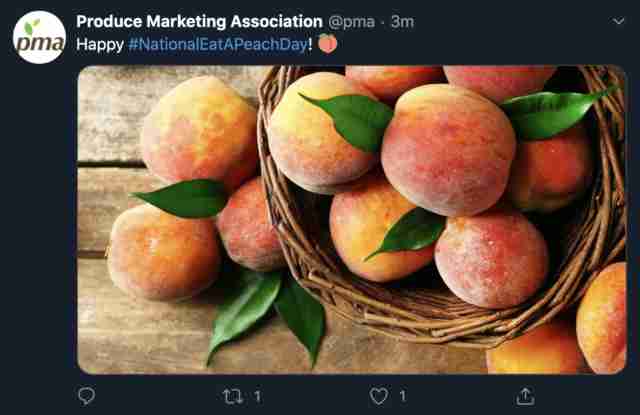
 As my Marine Corps dad use to say “Semper Fi.” (Semper fidelis is a Latin phrase that means “always faithful” or “always loyal”)
As my Marine Corps dad use to say “Semper Fi.” (Semper fidelis is a Latin phrase that means “always faithful” or “always loyal”)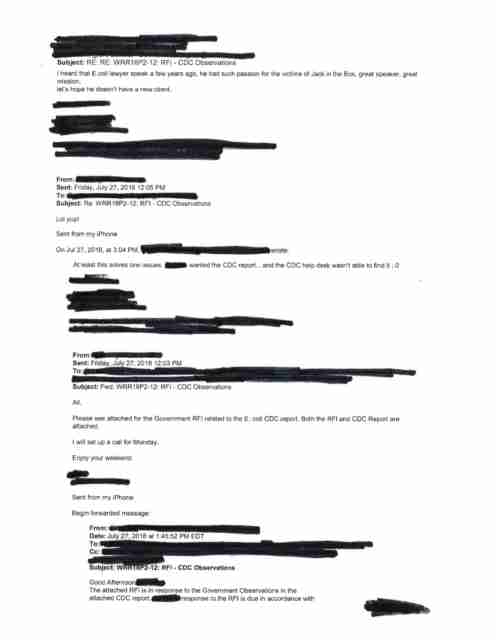
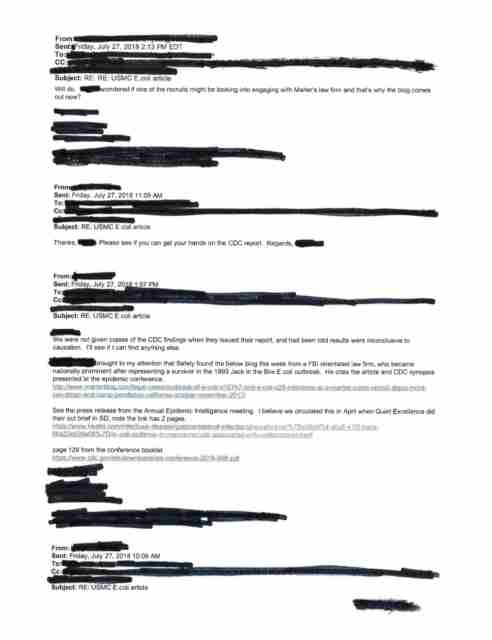
 Because of COVID, we are banned from Canada, but our food products are not.
Because of COVID, we are banned from Canada, but our food products are not.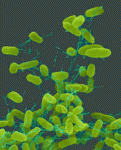 Salmonella: As of August 7, 2020, there have been 239 confirmed cases of Salmonella Newport illness linked to this outbreak in the following provinces: British Columbia (67), Alberta (149), Saskatchewan (5), Manitoba (13), Ontario (3), Quebec (1) and Prince Edward Island (1).
Salmonella: As of August 7, 2020, there have been 239 confirmed cases of Salmonella Newport illness linked to this outbreak in the following provinces: British Columbia (67), Alberta (149), Saskatchewan (5), Manitoba (13), Ontario (3), Quebec (1) and Prince Edward Island (1).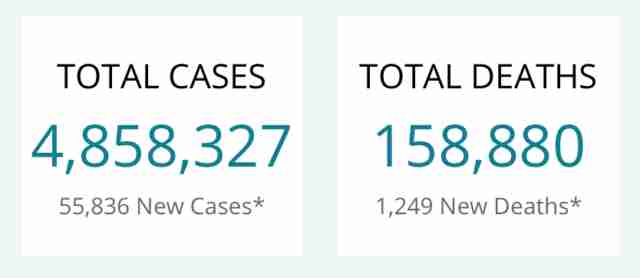


 Today, the U.S. Food and Drug Administration announced a new protocol for the development and registration of antimicrobial treatments for preharvest agricultural water, such as the water used in farm irrigation systems. The protocol was developed through a collaboration with the U.S. Environmental Protection Agency. Companies can now use data developed under this protocol to support the EPA registration of products that can treat agricultural water against foodborne bacteria, which could provide farmers with a useful tool to help protect the safety of produce intended for consumers, like romaine lettuce and other leafy greens.
Today, the U.S. Food and Drug Administration announced a new protocol for the development and registration of antimicrobial treatments for preharvest agricultural water, such as the water used in farm irrigation systems. The protocol was developed through a collaboration with the U.S. Environmental Protection Agency. Companies can now use data developed under this protocol to support the EPA registration of products that can treat agricultural water against foodborne bacteria, which could provide farmers with a useful tool to help protect the safety of produce intended for consumers, like romaine lettuce and other leafy greens.
 According to Canada, as of July 30, 2020, there have been 114 confirmed cases of Salmonella Newport illness linked to this outbreak in the following provinces: British Columbia (43), Alberta (55), Manitoba (13), Ontario (2), and Prince Edward Island (1). The individual from Prince Edward Island reported traveling to Alberta before becoming ill. Saskatchewan has not reported any confirmed illnesses related to this outbreak, but provincial public health authorities are investigating some Salmonella Newport illnesses in the province.
According to Canada, as of July 30, 2020, there have been 114 confirmed cases of Salmonella Newport illness linked to this outbreak in the following provinces: British Columbia (43), Alberta (55), Manitoba (13), Ontario (2), and Prince Edward Island (1). The individual from Prince Edward Island reported traveling to Alberta before becoming ill. Saskatchewan has not reported any confirmed illnesses related to this outbreak, but provincial public health authorities are investigating some Salmonella Newport illnesses in the province.